New C++ Features in GCC13 -- Marek Polacek
 The latest major version of the GNU Compiler Collection (GCC), 13.1, was released in April 2023. Like every major GCC release, this version brings many additions, improvements, bug fixes, and new features.
The latest major version of the GNU Compiler Collection (GCC), 13.1, was released in April 2023. Like every major GCC release, this version brings many additions, improvements, bug fixes, and new features.
New C++ features in GCC 13
by Marek Polacek
From the article:
Like the article I wrote about GCC 10 and GCC 12, this article describes only new features implemented in the C++ front end; it does not discuss developments in the C++ language itself. Interesting changes in the standard C++ library that comes with GCC 13 are described in a separate blog post: New C features in GCC 13

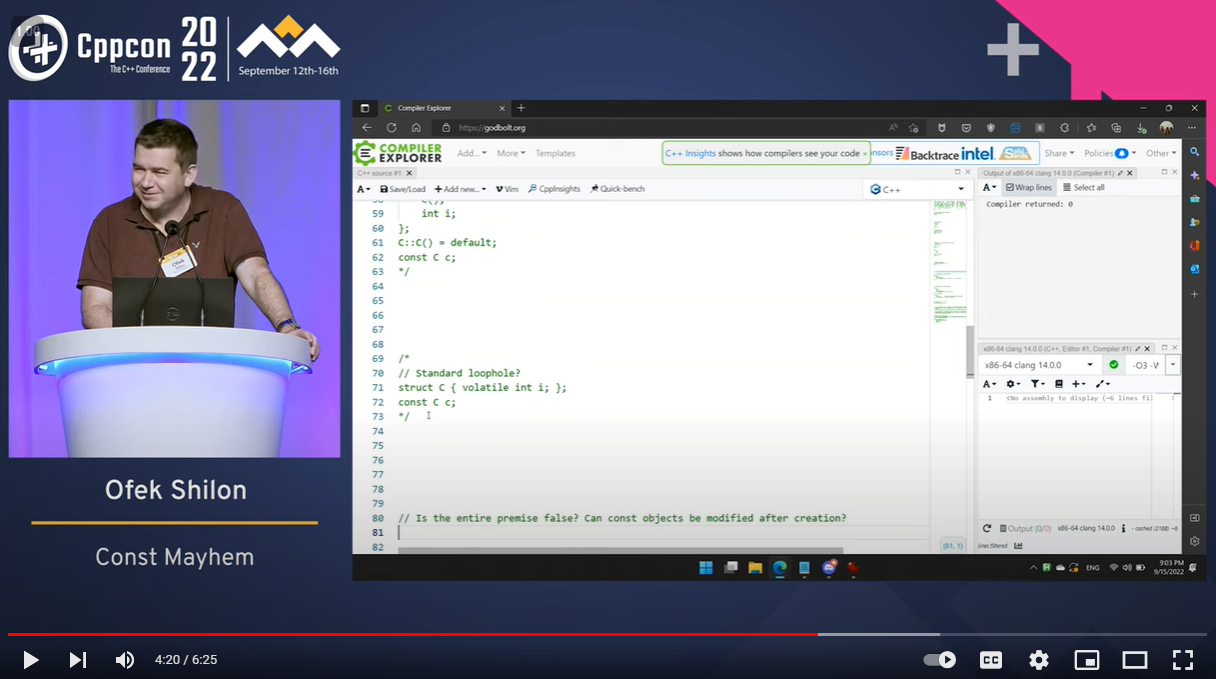 Registration is now open for CppCon 2023! The conference starts on October 1 and will be held
Registration is now open for CppCon 2023! The conference starts on October 1 and will be held 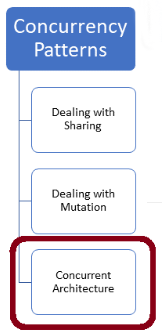 The active object design pattern decouples method execution from method invocation for objects that each reside in their own thread of control.The goal is to introduce concurrency, by using asynchronous method invocation and a scheduler for handling requests.
The active object design pattern decouples method execution from method invocation for objects that each reside in their own thread of control.The goal is to introduce concurrency, by using asynchronous method invocation and a scheduler for handling requests.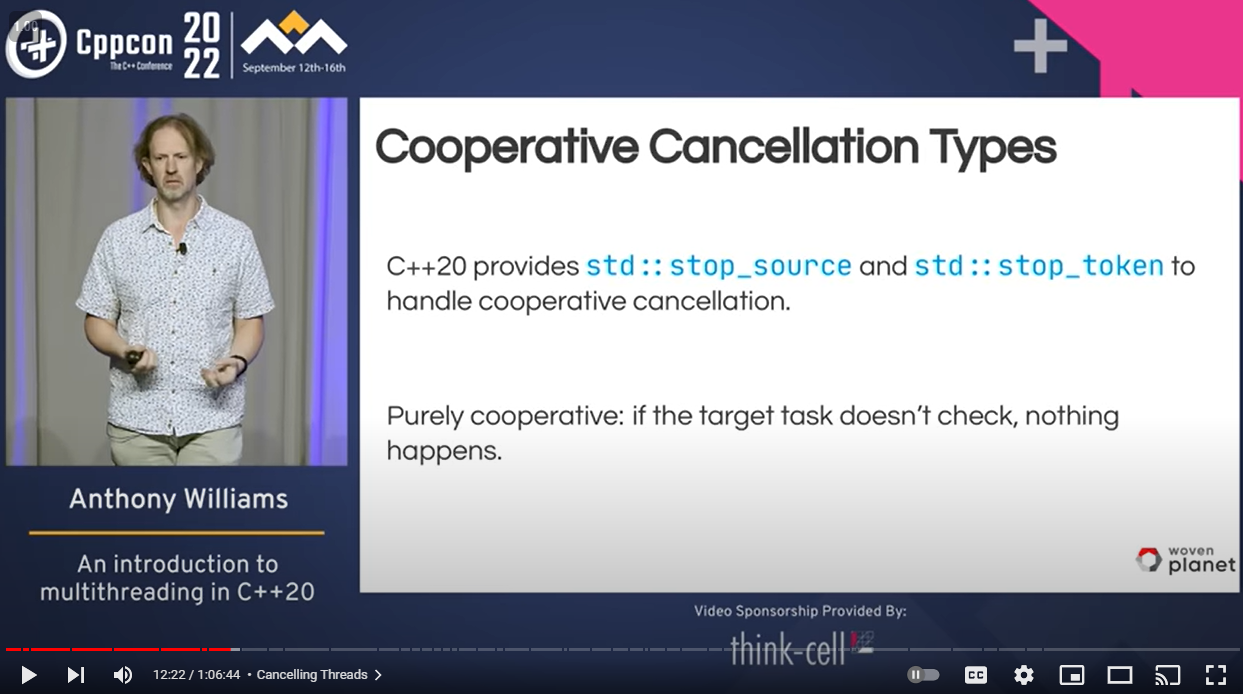 Registration is now open for CppCon 2023! The conference starts on October 1 and will be held
Registration is now open for CppCon 2023! The conference starts on October 1 and will be held 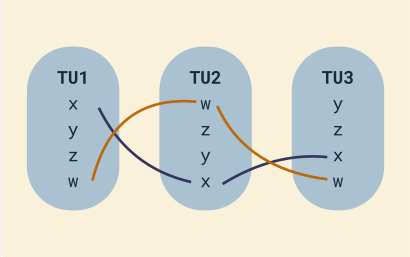 A few years ago, I showed an interesting implementation for self-registering classes in factories. It works, but one step might be at the edge of Undefined behavior. Fortunately, with C++20, its new constinit keyword, we can update the code and ensure it’s super safe.
A few years ago, I showed an interesting implementation for self-registering classes in factories. It works, but one step might be at the edge of Undefined behavior. Fortunately, with C++20, its new constinit keyword, we can update the code and ensure it’s super safe.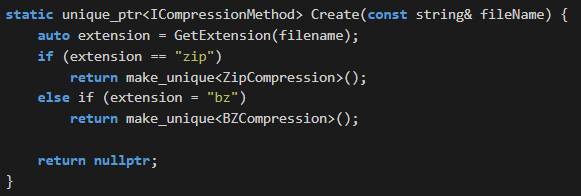
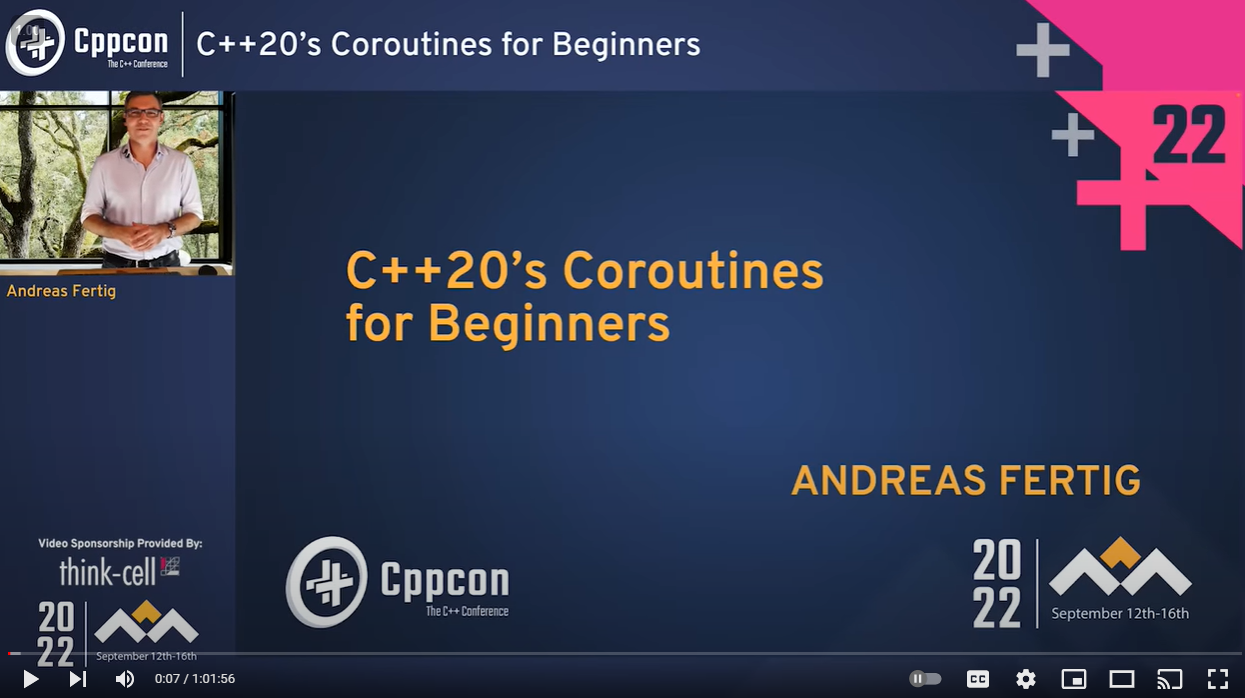 Registration is now open for CppCon 2023! The conference starts on October 1 and will be held
Registration is now open for CppCon 2023! The conference starts on October 1 and will be held  You may have a class that you want to participate in RVO or NRVO, but you also don’t want it to be moved. For example, it may contain a std::mutex, which is not movable. But you nevertheless have to declare a move constructor. What can you do?
You may have a class that you want to participate in RVO or NRVO, but you also don’t want it to be moved. For example, it may contain a std::mutex, which is not movable. But you nevertheless have to declare a move constructor. What can you do? Sorting algorithms have been thoroughly studied. Kevlin Henney takes an unexpected paradigm journey into sleep sort.
Sorting algorithms have been thoroughly studied. Kevlin Henney takes an unexpected paradigm journey into sleep sort.